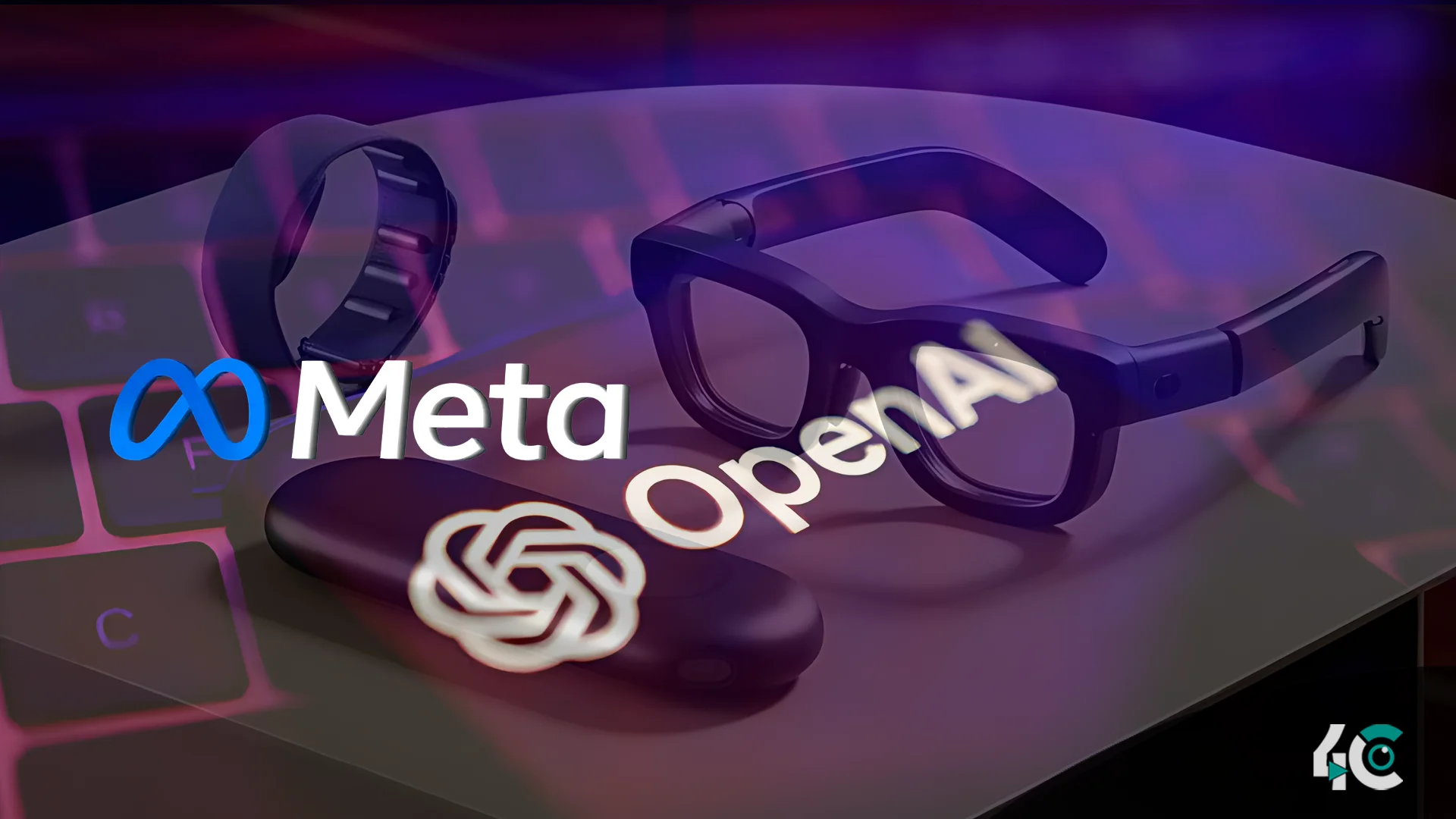With the establishment of a new consumer hardware subsidiary under the direction of Caitlin Kalinowski, a former head of Meta’s augmented reality hardware section, OpenAI is branching out beyond software. Kalinowski, who is well-known for her work on Meta’s “Orion” AR spectacles, was an engineer and designer at Apple. Her current goal with OpenAI is to concentrate on consumer electronics and robotics, which will be the company’s first foray into tangible goods.
Kalinowski recently shared her excitement about her new position on social media, emphasizing her intention to head OpenAI’s robotics and hardware initiatives in order to “bring AI into the physical world.” Given her vast background in augmented reality and metaverse technology, she appears to be well-suited to spearhead OpenAI’s goals of developing tangible, AI-powered consumer goods.
Artificial intelligence has advanced rapidly since ChatGPT’s debut, especially in fields that concentrate on hardware with AI capabilities. Though there are still few widely available consumer gadgets that fully utilize AI, companies such as Nvidia and TSMC have made significant progress in creating technology for AI applications. Although earlier products, such as Google and Amazon’s smart speakers, have generated public curiosity, AI gadgets have not yet seen an “iPhone moment” in the market—one that garners broad consumer appeal.
The new hardware branch from OpenAI has the potential to change that. Instead of concentrating only on creating its own hardware, OpenAI is looking into ways to license its AI technologies to well-known tech firms so they can incorporate cutting-edge AI into already-existing gear. This strategy makes use of OpenAI’s cutting-edge models as well as Kalinowski’s background working with major industrial alliances from her time at Apple and Meta.
Under Kalinowski’s leadership, OpenAI’s foray into hardware may mark a major advancement in the integration of AI into commonplace technology by enabling users to engage directly with the potential of cutting-edge AI tools like ChatGPT in the real world.
































